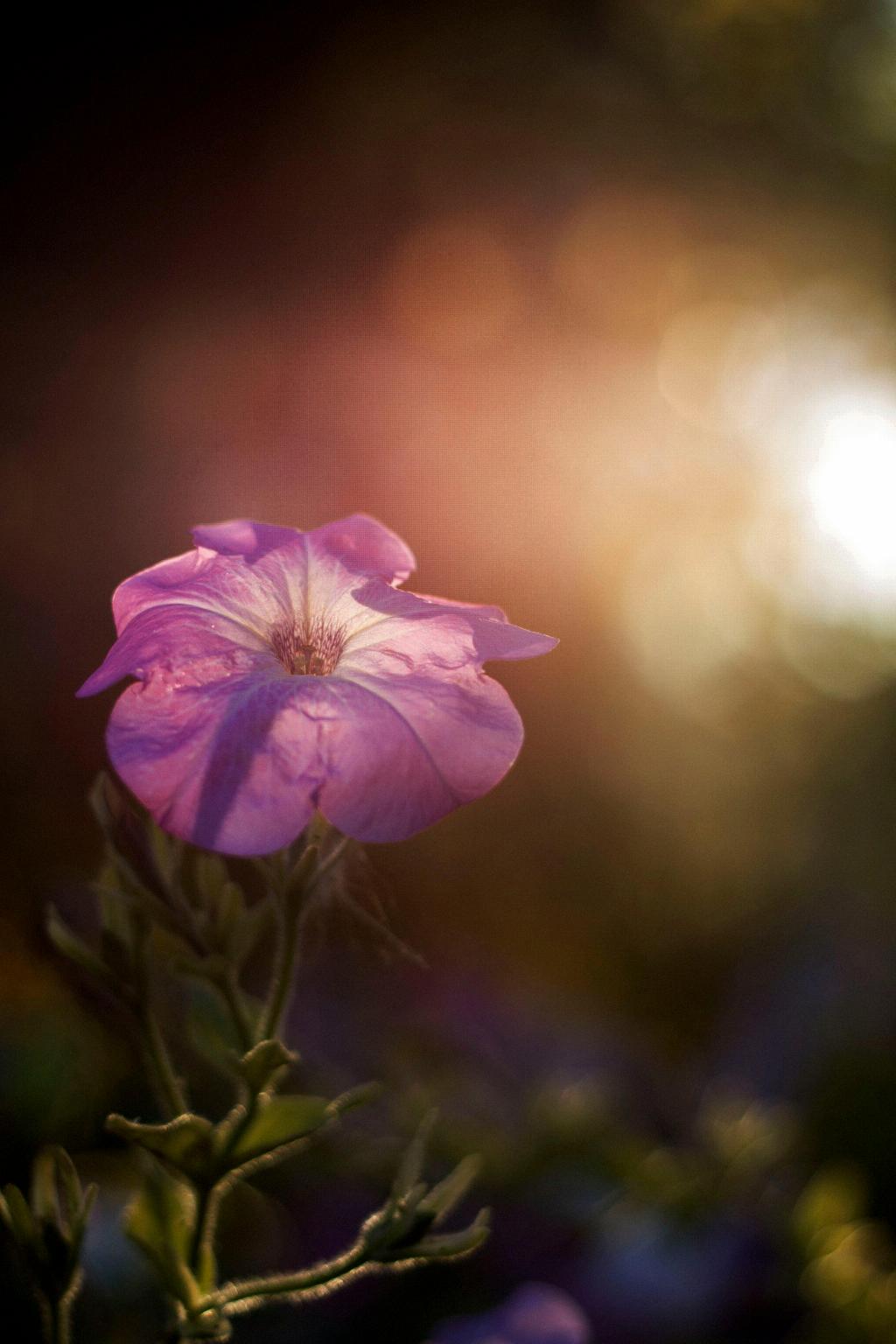When it comes to gardening, one of the common questions that beginners often ask is whether petunias are annuals or perennials. The answer to this question may surprise you, as petunias are actually classified as tender perennials. This means that they have the potential to live for more than one growing season under the right conditions.
However, despite being classified as perennials, petunias are often grown as annuals in most climates. This is due to their sensitivity to frost, which can quickly kill the plants if not protected. As a result, many gardeners treat petunias as annuals, replanting them each year to ensure a continuous display of vibrant blooms.
It’s essential to understand the distinction between annuals and perennials when it comes to petunias. Annual plants complete their life cycle within a single growing season, from seed to flower to seed. On the other hand, perennial plants can live for multiple years, regrowing each season from the same root system.
Despite their classification as tender perennials, petunias exhibit characteristics of both annuals and perennials. While they have the potential to come back year after year in frost-free climates, they are often treated as annuals in regions where winter temperatures drop below freezing.
When deciding whether to plant petunias in your garden, it’s crucial to consider the climate and growing conditions in your area. If you live in a region with mild winters and a longer growing season, you may be able to enjoy petunias as perennials, returning each year with minimal effort on your part.
However, if you reside in an area prone to frost and cold temperatures, it’s best to treat petunias as annuals. This means replanting them each year or taking steps to protect them from frost damage, such as covering them with a frost cloth or moving them indoors during cold snaps.
One of the benefits of growing petunias as annuals is the ability to experiment with different varieties each year. With an array of colors, sizes, and patterns available, you can create unique and stunning displays in your garden or containers, changing them up annually to keep things fresh and exciting.
Another factor to consider when deciding whether to treat petunias as annuals or perennials is the effort required for maintenance. While perennials may require less frequent replanting, they may need more care and attention to thrive year after year, including proper pruning, feeding, and overwintering.
On the other hand, treating petunias as annuals allows for a fresh start each year, with the opportunity to redesign your garden beds or containers and try out new varieties without the long-term commitment of caring for perennial plants. This can be particularly appealing for gardeners looking to mix things up seasonally.
In conclusion, the debate over whether petunias are annuals or perennials ultimately comes down to how you choose to grow them in your garden. While they are technically classified as tender perennials, petunias are often treated as annuals due to their sensitivity to frost and the convenience of replanting them each year.
Regardless of how you decide to incorporate petunias into your garden, one thing is certain – they are versatile, colorful, and easy to grow, making them a popular choice for gardeners of all skill levels. Whether you enjoy them as short-lived annuals or long-lasting perennials, petunias are sure to bring beauty and joy to your outdoor spaces.

